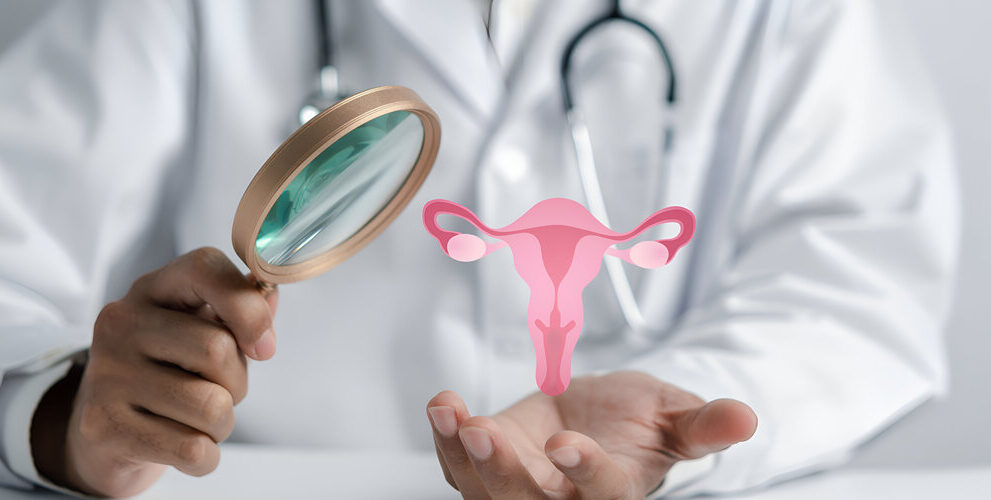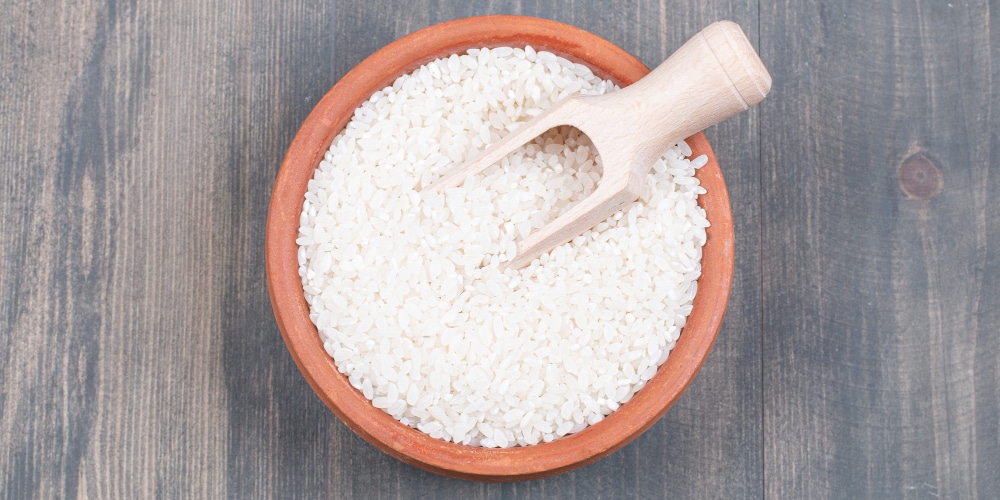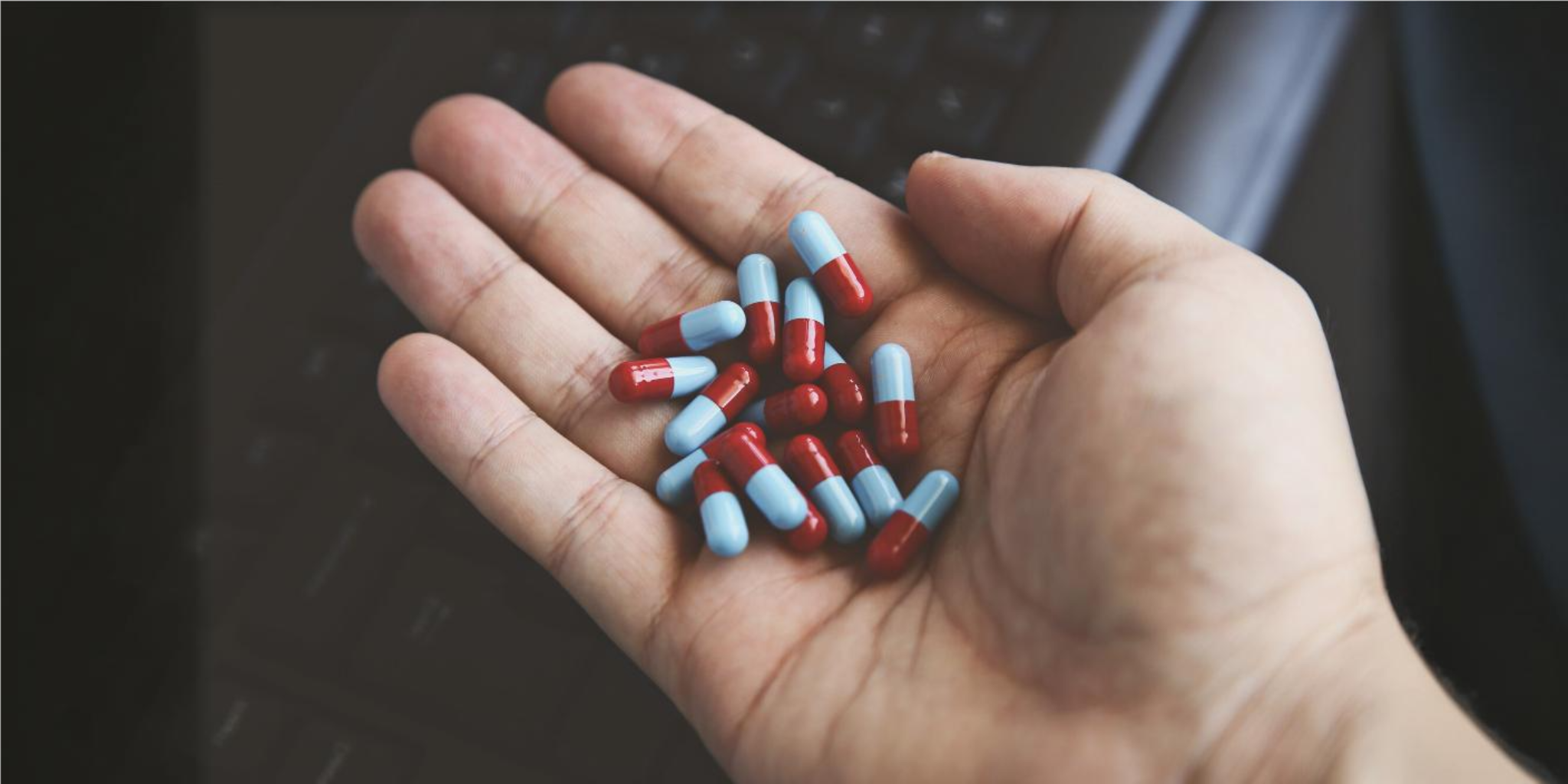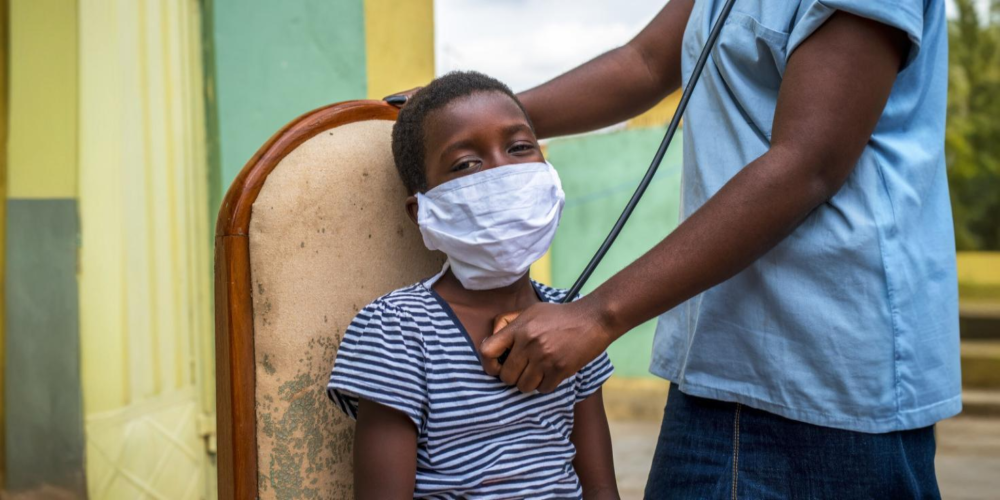What’s in a name? What is PCOS, and why is it not the same as PCOD?
Sonam Kapoor’s comments in a viral old video on PCOS spark debate over the common confusion between PCOS and PCOD
Author
Author
- admin / 5 months

- 0
- 3 min read

Author
In an old video circulating on YouTube reels, Bollywood actress Sonam Kapoor, opens up about her struggles with Polycystic Ovary Syndrome (PCOS), hormonal issues, and self-acceptance at the #WeTheWomen Festival. She says that she was diagnosed with PCOS when she was younger and that earlier it was known as PCOD or polycystic ovarian disease.
Kapoor’s mention of PCOS and PCOD as interchangeable terms during her talk reflects a common misconception. Although both conditions involve the ovaries and share some similarities, they differ significantly in their medical definitions, clinical implications, and management approaches. Using them interchangeably is inaccurate and can lead to confusion about diagnosis and treatment.
What is PCOS?
PCOS is a complicated hormonal condition that affects a mix of reproductive, hormonal, and metabolic functions. It’s called a syndrome because it’s diagnosed based on a combination of symptoms rather than just one specific sign.
Doctors often use the Rotterdam criteria to diagnose PCOS, which means you need at least two out of three key features, which include irregular or missing ovulation leading to irregular or absent periods; high levels of androgens (male hormones), which can show up as excessive facial or body hair, acne, or thinning hair in a male-like pattern; and ovaries that appear polycystic on an ultrasound, meaning they have multiple small follicles or cysts.
What is PCOD, and why is it not the same as PCOS?
PCOD is a term used to describe a condition where the ovaries develop multiple cysts due to hormonal imbalances, often triggered by factors like stress or lifestyle.
Unlike PCOS, PCOD is not classified as a syndrome with specific diagnostic criteria involving systemic symptoms like hyperandrogenism, excessive circulation of male sex hormone (testosterone) in females, or metabolic complications. It primarily focuses on the presence of ovarian cysts, which may or may not cause symptoms such as irregular periods or fertility challenges.
PCOD is generally considered less severe than PCOS, and women with this condition may experience milder symptoms that can often be managed with lifestyle changes, such as improved diet or exercise, or minimal medical intervention.
Using PCOS and PCOD interchangeably is incorrect for several reasons. Notably, not all women with PCOS have ovarian cysts, and not all women with ovarian cysts have PCOS. PCOS is diagnosed using specific criteria, whereas PCOD lacks standardized diagnostic criteria and is more descriptive of a condition involving cysts.
Consequences of misusing the terms
Misusing PCOS and PCOD as interchangeable terms can have significant implications for patients. PCOS often requires a specific treatment plan, potentially involving hormonal therapy, insulin-sensitizing medications, or fertility treatments.
In contrast, PCOD responds well to lifestyle changes like weight management or stress reduction.
Mislabeling PCOS as PCOD could lead patients to underestimate the seriousness of their condition, potentially delaying necessary medical intervention for metabolic or reproductive complications. On the other hand, labeling a milder case of ovarian cysts as PCOS could cause unnecessary or overly aggressive treatment.
Also read: FACT CHECK: Stress doesn’t cause PCOS, CBD oil doesn’t cure it, fenugreek may help










